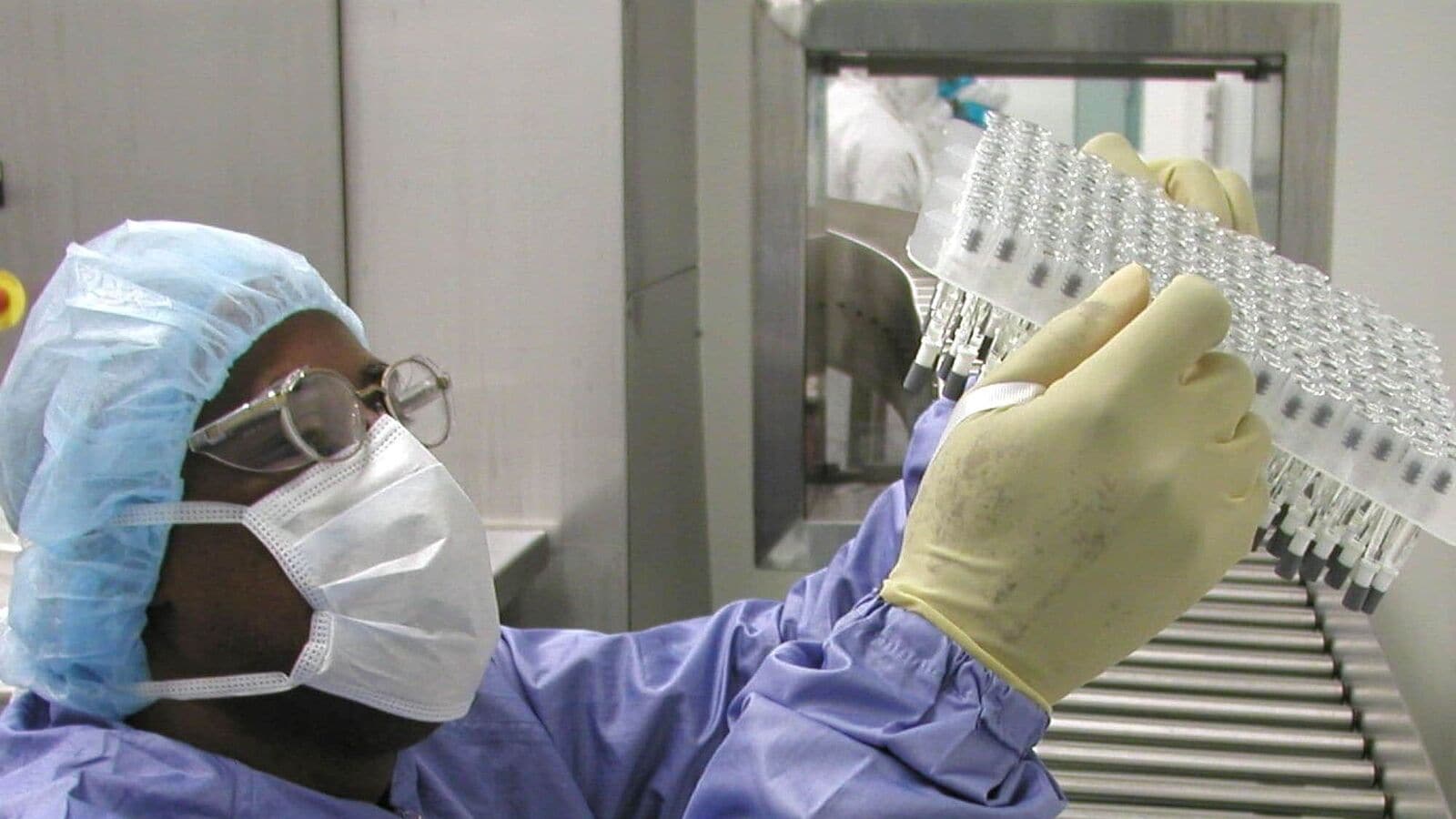New Delhi: The World Health Organization (WHO) has conducted an assessment of the National Regulatory Authority (NRA) of India’s top drug regulator, the Central Drugs Standard Control Organization (CDSCO) and the Drug Controller General of India (DCGI) to determine the state of the country’s vaccine regulatory system and its various functions, three officials with knowledge of the matter said.
A team comprising senior experts from WHO headquarters in Geneva, the India office and drug regulators from other nations assessed India’s vaccine regulations, regulatory protocols followed by the drug regulator, new vaccines under development and good manufacturing practices (GMP) followed by Indian vaccine manufacturers, officials said.
“This is a kind of regular assessment that is being conducted by WHO at CDSCO to understand the quality of vaccines being developed in the country and how the Indian regulatory authority is functioning, how the approval of vaccines is being done, what is the quality, efficacy and compliance of vaccine safety and GMP standards,” said the first of the three officials, who spoke on condition of anonymity.
The official added that the WHO conducts an NRA assessment of countries every five years.
International procurement agencies are getting huge quantities of vaccines from India. Therefore, it is important for the country to obtain WHO certification. “This allows us to maintain the highest quality and efficacy of products that are manufactured in our country,” the official added.
The evaluation began on September 16 and concluded on September 20.
Maintaining quality
India is known as the pharmacy of the world as 60-70% of WHO immunization vaccines are sourced in the country. Therefore, meeting WHO safety and manufacturing standards becomes critical for drug manufacturers in the country.
The assessment comes against the backdrop of a number of incidents over the past two years in which Indian-made cough syrups failed quality tests abroad due to alleged contamination. In 2022, poor-quality Indian-made cough syrups were linked to the deaths of 66 children in Gambia and 18 children in Uzbekistan.
The WHO assessment measures the maturity level of NRAs and their compliance with the UN health agency’s regulatory standards.
“At the moment, WHO is assessing whether the NRA is working or not and what the maturity level of the system is. This is called re-benchmarking the NRA and it suggests where it needs improvement,” said a second official who is a state drug regulator.
As part of the assessment exercise, WHO uses the Global Benchmarking Tool (GBT) to assess countries’ regulatory systems. This exercise was previously successfully conducted in 2017.
Queries sent to the spokesperson of the Union Ministry of Health remained unanswered till the time of going to press.
India is one of the world’s largest vaccine manufacturers and exporters and is currently supplying several vaccines to UN agencies including UNICEF, WHO and the Pan American Health Organization.
About 60-70% of WHO vaccines (primarily used for immunization) are sourced from India. As part of procurement, WHO also inspects manufacturers separately and assesses regulatory protocols, inspects laboratories, cases of adverse reactions following immunization (AEPI), etc.
Aniket Dani, Research Director, Crisil Market Intelligence & Analytics, said the domestic vaccines market size stood at about Rs 17,300 crore in FY24. This segment contributed about 1% of the total domestic formulations market.
The audit
The WHO assessment includes audit of registration and marketing authorization, surveillance, laboratory access and testing, regulatory inspection, clinical trial oversight, NRA batch release, premises licensing, and market surveillance and control.
The WHO NRA assessment rates the level of maturity on a scale of 1 to 4. In 2017, when WHO audited CDSCO, it received maturity level 3, indicating a stable and well-functioning regulatory system.
“WHO has set a passing grade for regulators in terms of maturity level. In 2017, when WHO conducted the audit, the Indian regulator’s NRA was at maturity level 3, which is good. However, maturity level 4 is considered the strongest. After 2017, benchmarking for the regulator is being done again,” the third official said.
“The results of this assessment will enable us to know what is the level of maturity of India and will set a benchmark for the country as per WHO standards. This will give confidence to other countries that Indian vaccines are safe, effective and of high quality,” the official said.
Catch all the Industry News, Banking news and updates on Live Mint. Download the Mint News App To obtain daily Market Updates.
FurtherLess
Disclaimer:
The information contained in this post is for general information purposes only. We make no representations or warranties of any kind, express or implied, about the completeness, accuracy, reliability, suitability or availability with respect to the website or the information, products, services, or related graphics contained on the post for any purpose.
We respect the intellectual property rights of content creators. If you are the owner of any material featured on our website and have concerns about its use, please contact us. We are committed to addressing any copyright issues promptly and will remove any material within 2 days of receiving a request from the rightful owner.

